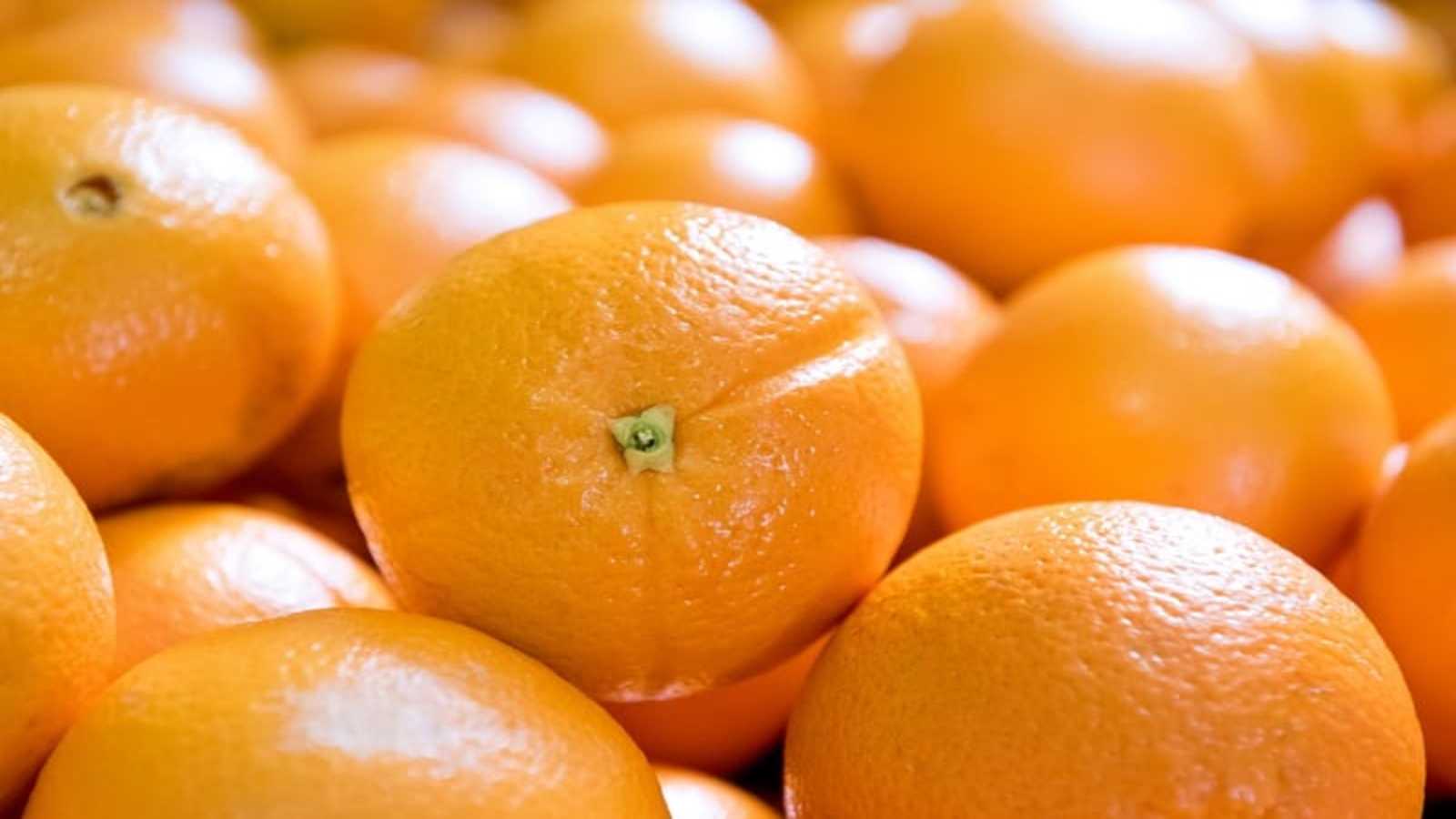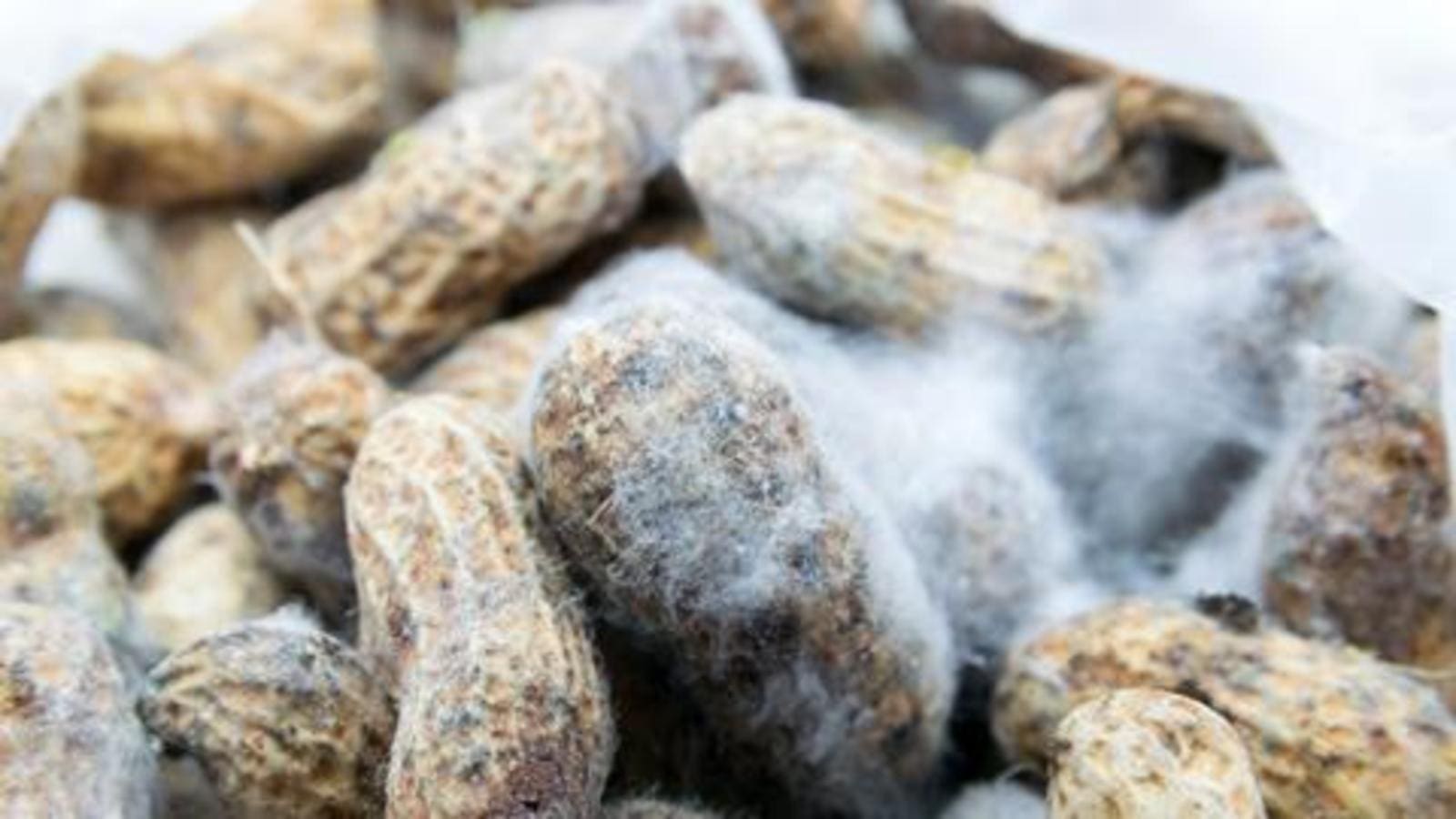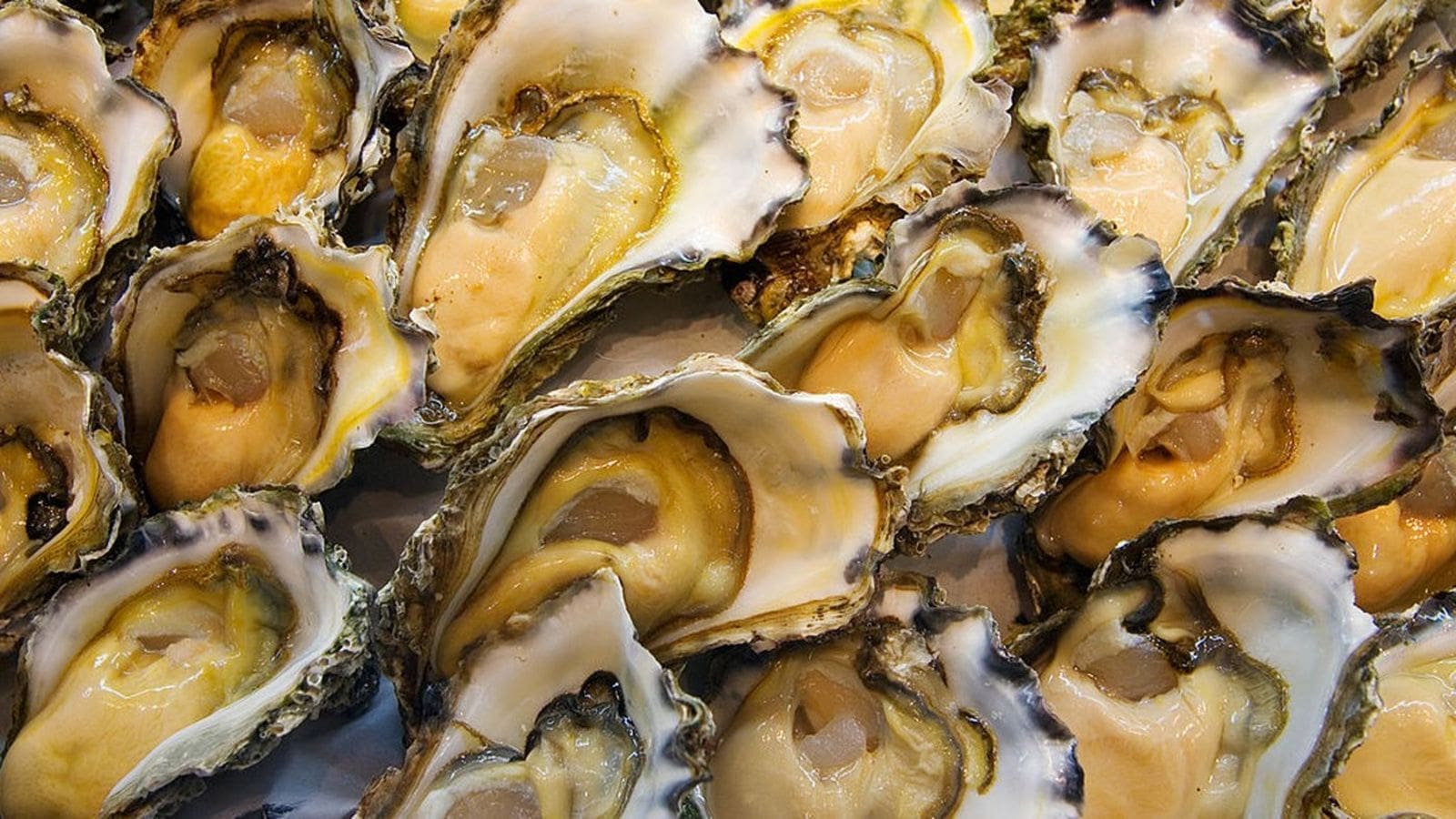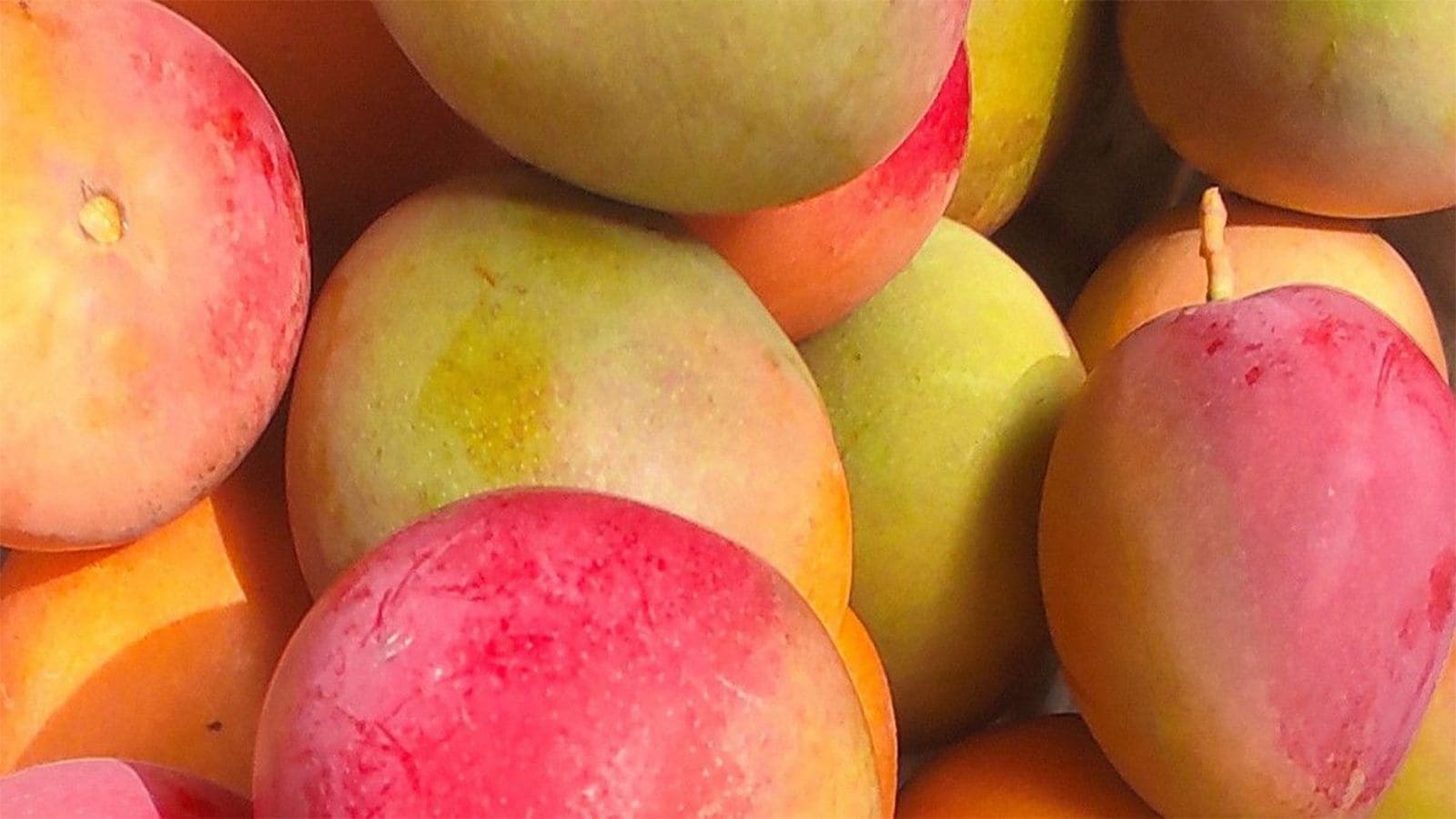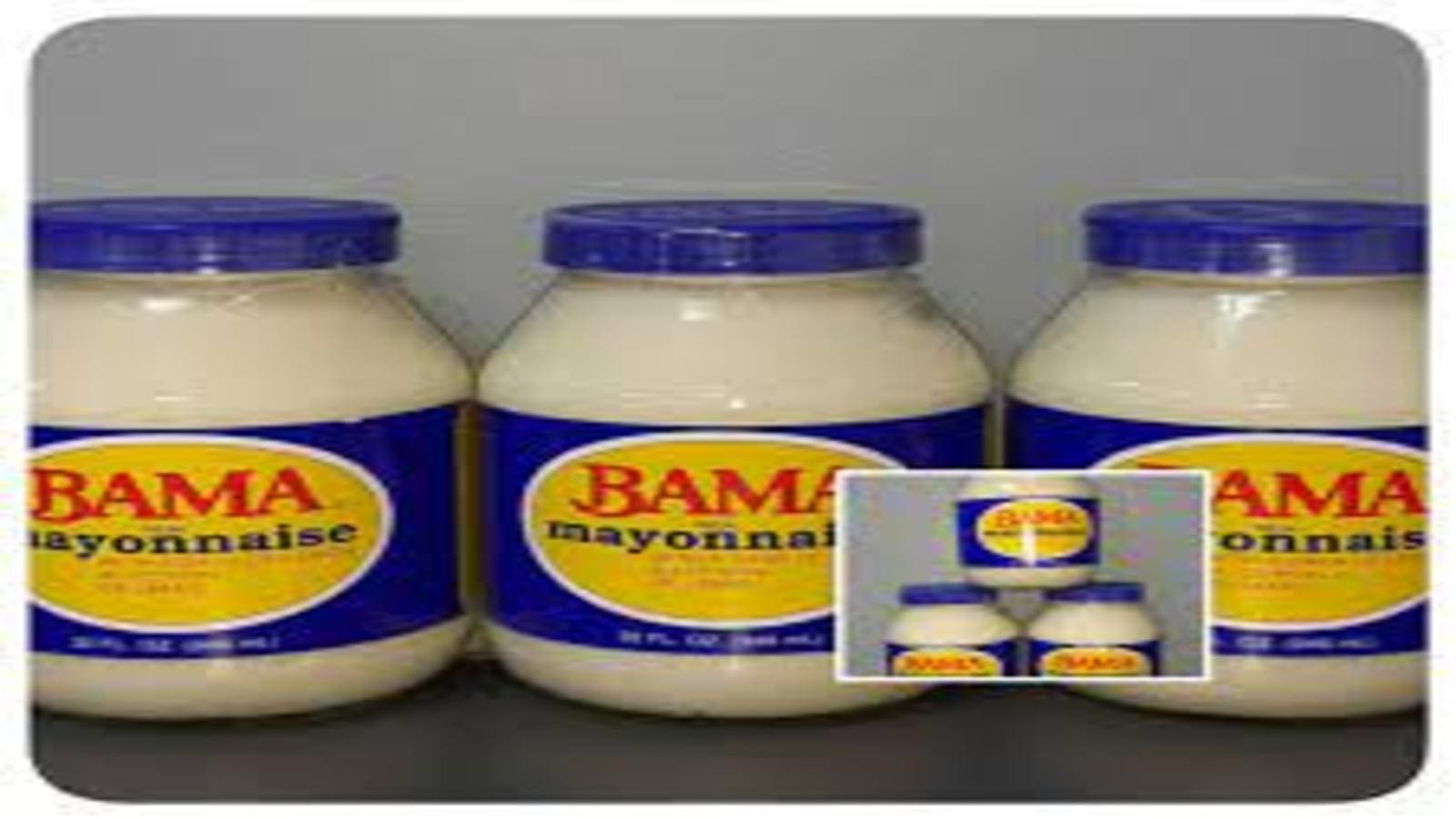AUSTRALIA – Agriculture Victoria, an organization that works with the agriculture industry on research, development and extension to improve production, is funding an innovative AU$ 770,000 (US$ 574,693.35) traceability pilot for high-value exports, which will be led by peak industry body Citrus Australia.
The funding is part of the Victorian Government’s Food to Market program, announced by Minister for Agriculture Mary-Anne Thomas.
“The Food to Market program is an excellent example of how we are providing timely support to agribusinesses impacted by the pandemic, while capitalizing on opportunities to expand into new markets over the longer term,” the Minister said.
The Food to Market program is a AU$15 million (US$ 11195325) commitment under the new strategy for Agriculture in Victoria to provide financial support for projects investing in the region’s agri-food supply chain.
The Citrus Australia project will utilize leading tracing technology, isotope testing, cool-chain tracking and orchard mapping to enhance traceability. Citrus Australia CEO Nathan Hancock said the aim is to safeguard the industry from fraudulent activity and ensure the integrity of high-end citrus exports is protected.
Australia exports more than AU$500 million (US$ 373,177,500) of citrus each year to over fifty countries.
“By participating in this pilot, we have the opportunity to work through the real-world application of emerging technology on farm and through the supply chain. We hope to further progress the integration of traceability into the everyday operations of citrus businesses in the future, whether they be farm to customer marketing, proof of origin or tracing a biosecurity outbreak,” Mr. Hancock said.
Significance of traceability
The pilot project comprises three components, one of which will build on the successful traceability project led by Citrus Australia last year. That pilot traced fruit from Nu Leaf I.P. orchards in Mildura, through the Mildura Fruit Company (MFC) packhouse, and on to international consumers.
Mr. Hancock said the new project would further integrate traceability technology at MFC, utilizing additional automation to reduce human data entry. Unique serialized GS1 Digital Link-enabled QR code labels will be added to both bags and cartons of fruit, making them traceable by sales unit from end to end.
Perry Hill, MFC General Manager, said the company was committed to protecting both the fruit its growers produce and the brands it exports, from counterfeiters in overseas markets.
“We see the introduction of unique labelling to our cartons and bags as a critical step forward in our overall protection efforts,” Mr. Hill said.
He added that the acceptance of QR Codes around the globe through the pandemic, provides a unique opportunity for marketers to enhance the customer experiences across all products and markets, and fresh citrus is no exception.
“The adoption of this technology by MFC and the wider citrus industry, provides opportunities for direct and targeted marketing, to show our customers the conditions under which the fruit is grown, and locations where the product they are buying is sourced,” he expressed adding that tracing the product back to its source provides the customer with knowledge and comfort, to make informed buying decisions about the authenticity and provenance of the product.
GS1 Australia will incorporate its traceability standards into the project, enhancing the international compatibility of these supply chains for global exports.
“GS1 standards enable organizations to identify, capture and share information smoothly, creating a common language that underpins systems and processes all over the world,” GS1 Australia Chief Customer Officer, Marcel Sieira, said.
GS1 is a neutral, not-for-profit organization that develops and maintains the most widely used global standards for efficient business communication.
Isotope testing
In addition to protecting Australian export brands through the innovative labelling of boxes and bags, the pilot project will include isotope testing of Australian fruit.
“What isotope testing will enable is the ability to differentiate place of origin of Australian citrus fruit using science to prove provenance down to the individual farm and region. It not only protects them from deliberate food fraud, but can provide evidence in disputes from export partners on MRLs, and domestic and international claims of food borne illness,” said Mr. Hancock.
The isotope testing component will be conducted by GNS Science, New Zealand’s leading provider of Earth, geoscience and isotope research and consultancy services.
Liked this article? Subscribe to Food Safety Africa News, our regular email newsletters with the latest news insights from Africa and the World’s food safety, quality and compliance. SUBSCRIBE HERE


